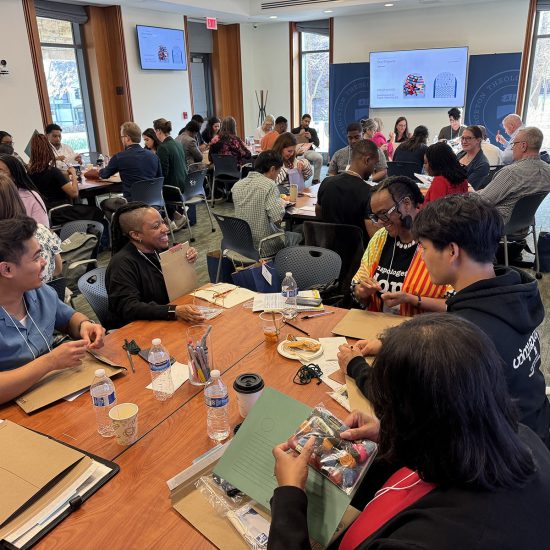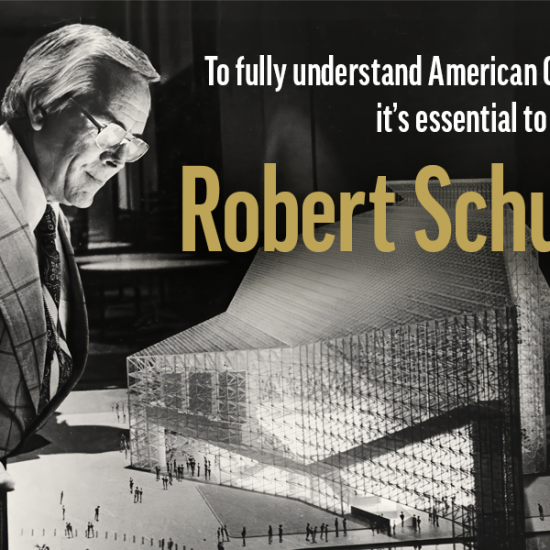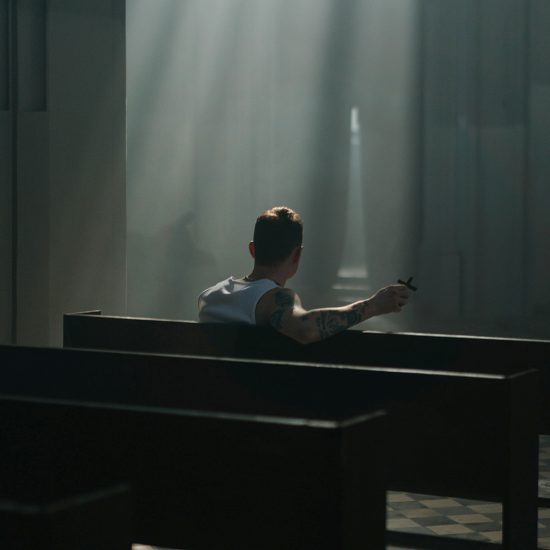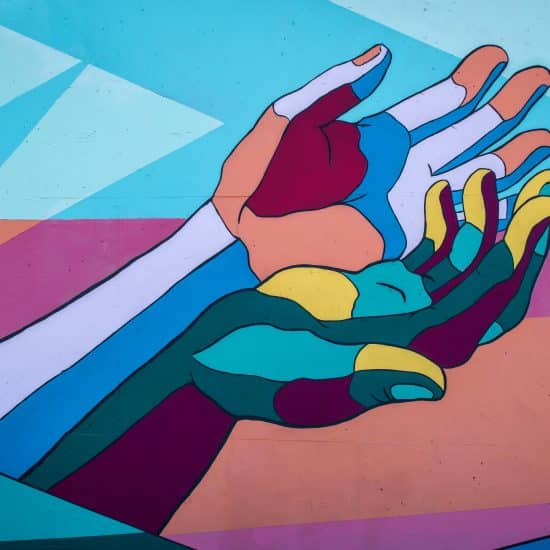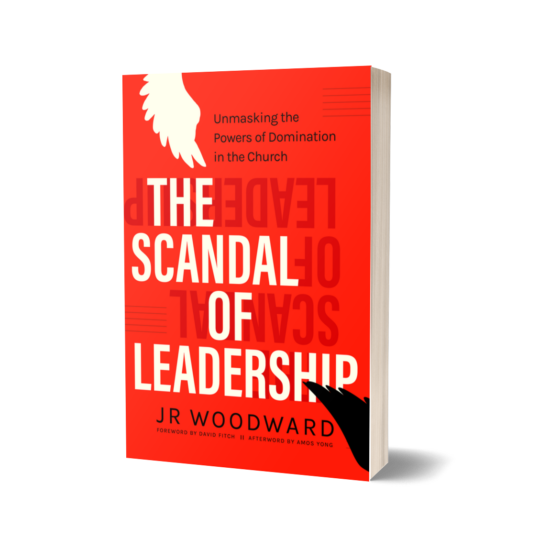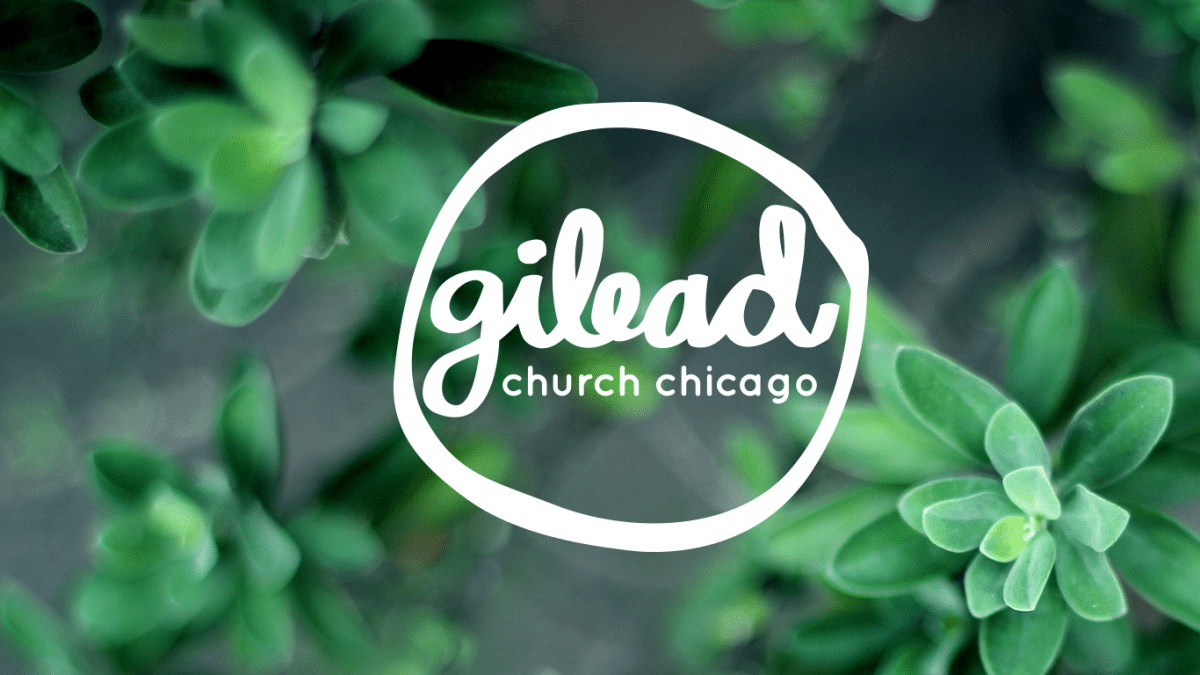
Pastors have broad job descriptions. They are preachers, teachers, counselors, administrators, organizers, and so much more. Many church members rarely interact with their pastors outside of Sunday morning worship, making it difficult to understand the dynamics of this role. “Behind the Pulpit” is a regular feature intended to pull back the curtain on the minister’s life and introduce our readers to how a diverse set of leaders go about shepherding their flocks.
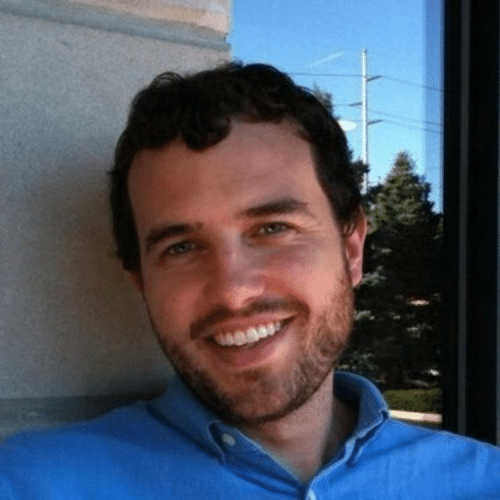
Vince Amlin
This installment features an interview conducted by email with Vince Amlin, co-pastor of Gilead Church in Chicago, Illinois. His responses have been lightly edited for clarity.
Gilead’s unusual approach to congregational life has received national attention from media outlets like NBC’s The Today Show and Religion News Service. Here’s a look behind the pulpit of a different kind of Christian community.
What didn’t you learn in seminary that you needed to know for church leadership?
I will credit my alma mater, the Divinity School at the University of Chicago, with leaving me with the certainty of how little I knew as I graduated. I don’t think they tried to give me a sense of mastery but a sense of the immensity of what one could try to know to prepare for ministry (bible, theology, history, homiletics, pastoral care, organizational leadership…) and the impossibility of knowing it all. In that sense, I think everything I didn’t learn in seminary was maybe the best preparation for ministry. Realizing I would never know all I needed to do the work sent me out to learn and adapt, and those have been the most useful skills in my ministry. I think I just answered the opposite of your question? But I’m keeping it.
How has your personal understanding of God changed by serving the local church?
I don’t think it has changed. (I’m being so combative in this interview so far! Is this usually how it goes?!) My understanding of God was already so rooted in church life, that God was/is revealed in the mundanity of human community. I recently attended the funeral of one of the people from the church I grew up in. I have all these memories of this man who taught me to play euchre on church work trips and gave me rides to youth group lock-ins, who tolled the bell on Good Friday, whose wife led me in bell choir, whose son I played with and sometimes picked on. And he was just one of a bunch of people who were so steady and present, who pitched in to make a thing happen and basically agreed to live their lives together at this little church at the corner of a cornfield in Indianapolis. And they’ve given their lives to each other and to me in love for God’s sake. That’s how I still meet God. People showing up for each other, showing up for love in the day-to-day.
How have your personal religious/devotional practices been shaped and altered by being the shepherd of a flock?
I had a mentor who would repeat to me: if you’re feeling like you need something spiritually, there are probably people in your congregation who are feeling the same way. So, at some point, I just started offering studies, small groups, and worship services I needed and seeing who would come. And that’s especially good in planting a church or revitalizing a church because you could end up by yourself, so you may as well pick something you’ll be glad you did anyway. So I guess the actual answer to your question is: being a minister has given me the excuse and the space to pursue a spiritual/devotional life. I’m in awe of my congregants who manage to have spiritual lives on top of having jobs!
What does justice look like in your local context? How about love? How do you lead people towards both?
Oof. That’s a gigantic question. This is one small answer. We have these amazing nametags at one of our churches. (Not at all our idea. We got them from Hope Church in Boston.) They have people’s pronouns on them, which both normalizes people sharing pronouns, (if they wanna; there are also blanks) and it also makes changing pronouns or names really easy. We have this commitment, that what you put on your nametag is what you get called. So, if you’ve always been Elizabeth at church, and you come through the communion line with a “Betsey” nametag, you get “the bread of life broken for you, Betsey.” If you’ve been wearing a “Laura” nametag and this week you’re wearing a “Lucas” nametag, it’s “the cup of blessing poured out for you, Lucas.” I certainly can’t claim to have led people towards that. I’ve been led there by all these beautiful and brave people who trust our community with their names.
What’s the funniest or oddest thing that’s ever happened to you in ministry (that you can share without breaking confidentiality)?
We do a lot of odd stuff. It’s kind of our stock-in-trade. One of the most fun was when we hired a professional dom for a church retreat (They don’t go buy “dominatrix”; one of the things I learned at the retreat.) The subject of our retreat was vulnerability and boundaries, and Princess Raven had thought deeply about those topics and taught us a lot.
How do you see the pandemic altering the life of your congregation? What changes are permanent and which are fleeting?
I guess I still hope it’s mostly all fleeting. I pastor communities that are stubbornly analog. They want to break bread, drink wine, give hugs, have dance parties, lay hands on the sick, cook the food, march in the protest or the parade. And I think we’re going to find our way back to all of that.
If you could help the average person in your congregation understand one (and only one) thing better about the faith they profess, what would it be?
That they don’t need me to help them understand anything about God. They have direct access. They can cut out the middle man.

